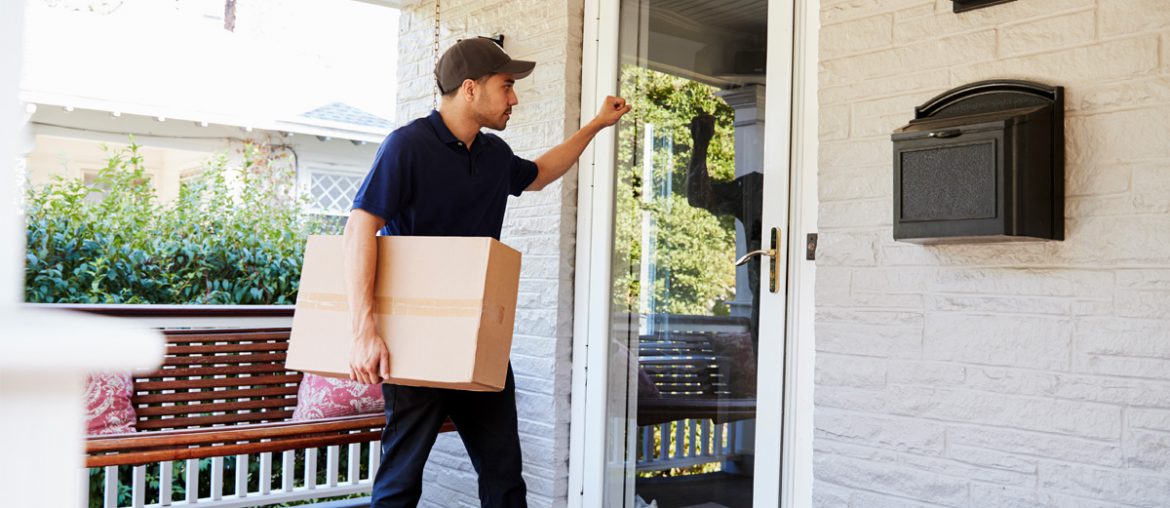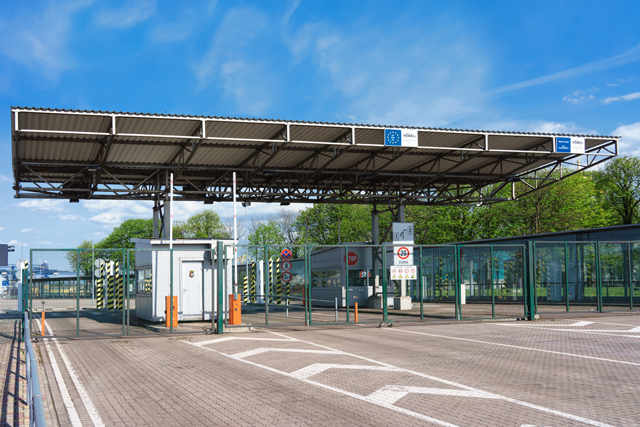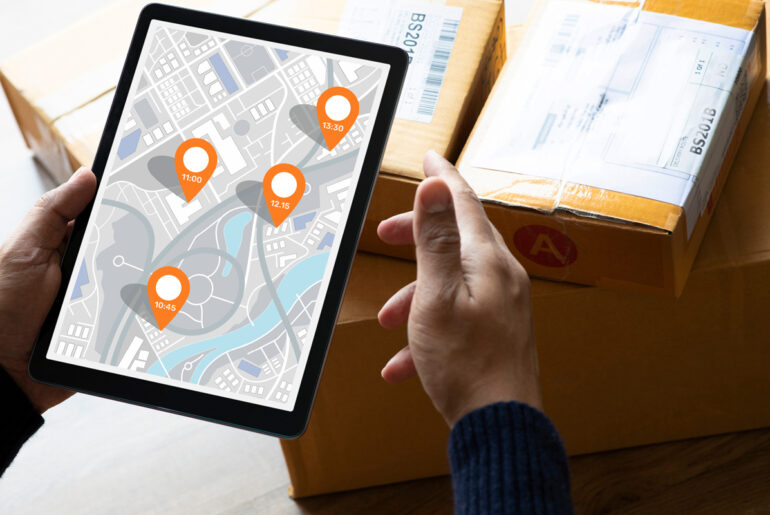Like so many conferences, the 2020 Home Delivery World pivoted to a virtual format in reaction to COVID-19 fears. Instead of face to face interactions, bustling crowds, and vibrant booths with branded giveaways, attendees navigated the conference on their computer screens. The four-day virtual conference held over 250 sessions, featured 150 exhibitors, and had over 2,000 attendees. Through the use of technology, Terrapinn, the event management company that held the conference, was able to maintain the essence of the show.
Through the use of Swapcard, an event and networking app, attendees were able to connect with exhibitors and stay abreast of scheduled sessions, events, meeting requests, and more. Various companies that cater to the home delivery and last mile industries were able to showcase their offerings on exhibitor pages. These pages replaced the traditional in person booth experience attendees have come to know and love about Home Delivery World.
In an in person conference it’s important to stand out in order to attract visits. Sought after promotional items, live entertainment, and visually stimulating booth graphics were a few tactics that would drive traffic to a booth in years past. In contrast, in a virtual conference setting exhibitors must rely on other means to bring visits to their pages. The exhibitor pages provided a snapshot of product offerings, promotional offerings, team member listings, one-on-one meeting time slots, and other informative materials. Some pages were more elaborate than others. Sponsorships and other paid initiatives were used to usher attendees to pages or garner interest in the company.
Company-sponsored happy hours and other networking events were offered to attendees throughout the conference. The need for connection and peer discussions seemed to be widely evident. This was also apparent in roundtable discussions, many of which dealt with COVID-19 and its impact on the last mile industry. Panelists shared business strategies, perspectives, and optimism to others feeling the pressures COVID-19 has put on logistics and supply chain.
Roundtable Recap: White Glove Expectations–Innovating Your Offerings to Exceed Consumer Requirements
Panelists included last mile industry experts from Best Buy, NVC Logistics, Milkman, All Purpose Transport, and CORT Business. Proof of delivery capture, contactless delivery, driver device single usage, and driver tracking were a few of the tools suggested by the industry experts. Here are some key takeaways the panelists shared:
COVID-19
Matthew Homerin, Best Buy Director of Inhome Operations, offered several pieces of advice for managing customer expectations. He urged companies to be transparent with customers by highlighting their business’ COVID-19 safety processes on their websites.
Michael Davis, CORT Business Services Chief Operating Officer, recommended focusing on “emotional intelligence,” especially for driver teams, because they represent the brand. He also said that because of COVID people aren’t buying experiences anymore. Instead, they are having to deal with being home more and, in turn, the demand for appliances has increased.
Glenn Martin, Milkman Vice President of Business Development, suggested managing expectations with appointment scheduling. He also advised that tracking visibility is the expected norm for ecommerce.
Peak Season Solutions
Ryan Fiore, NVC Logistics Business Development Manager, shared that during peak season it’s best practice to accommodate existing clients first and fulfill current business. Meeting and exceeding your customer base’s expectations is crucial.
Matthew Homerin, Best Buy Director of Inhome Operations, said more of his people are on the road and in clients’ homes than ever. Peak season puts stress on all systems, personnel, processes, and the mental health of the team. He suggests that logistics management focus on self first, people next, and then contractors in order to deal with the demands of peak seasons.
Appliance Delivery and Installation Challenges
Fiore of NVC Logistics suggested that last mile companies work with their client retailers to get full blown training for appliance installations to help smooth the process from the onset.
Homerin of Best Buy emphasized that appliance delivery is the most complex scale of last mile installation. He said that the workforce is tight, there is constant evolution in plumbing, and constraints are immense. What’s more, appliance availability limitations drive consumer costs up as well.
Supply Chain Challenges
Mitch Devine, All Purpose Transport New Furniture Divisional Manager, shared that his company is getting ahead of the supply chain and potential restocking issues. Ample inventory is needed to avoid a backlog for mid-2021. All Purpose Transport uses 100% contractor vehicles, so he has been sure to secure a fleet for customer growth. He stressed the fact that companies have to hire the right people for their warehouse and drivers to keep business humming. In terms of the future, Devine feels December will be okay and that January and February will have a strong start. The exact start of the “busy season” is unknown, but he’s guessing it could be in March.
The overall experience of the Virtual Home Delivery World 2020 was positive. It offered an on-demand way to attend sessions, set up meetings, network, and explore exhibitor pages. This is all critical for professionals who are working remotely and juggling the work and home life balance. While nothing replaces the interaction of an in-person conference, Home Delivery World did all they could to retain its essence. Could this be the direction for events of the future? We do not know, but one thing is for sure: event management firms have to expect the unexpected and prepare contingency plans that include virtual formats.




